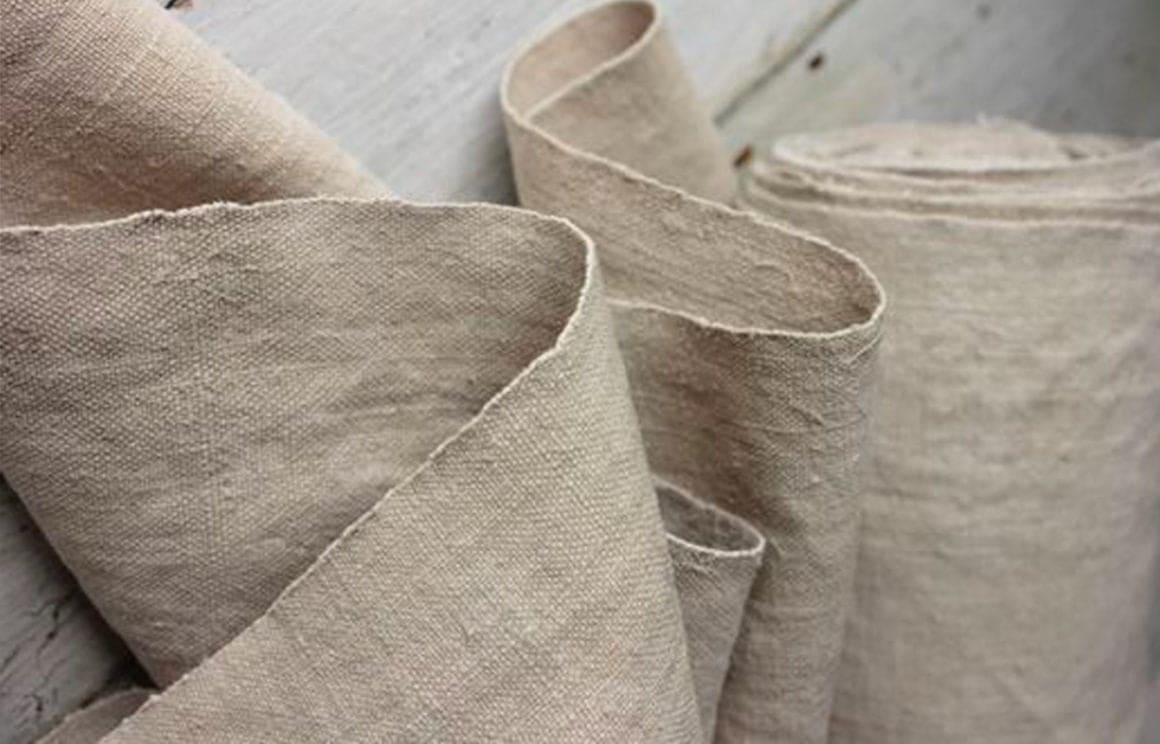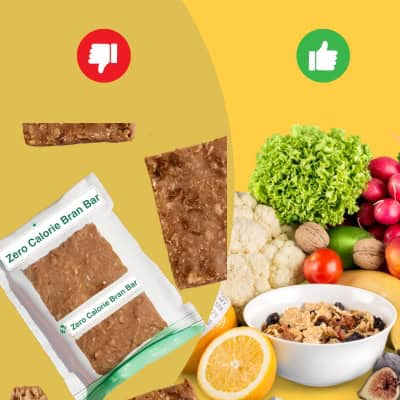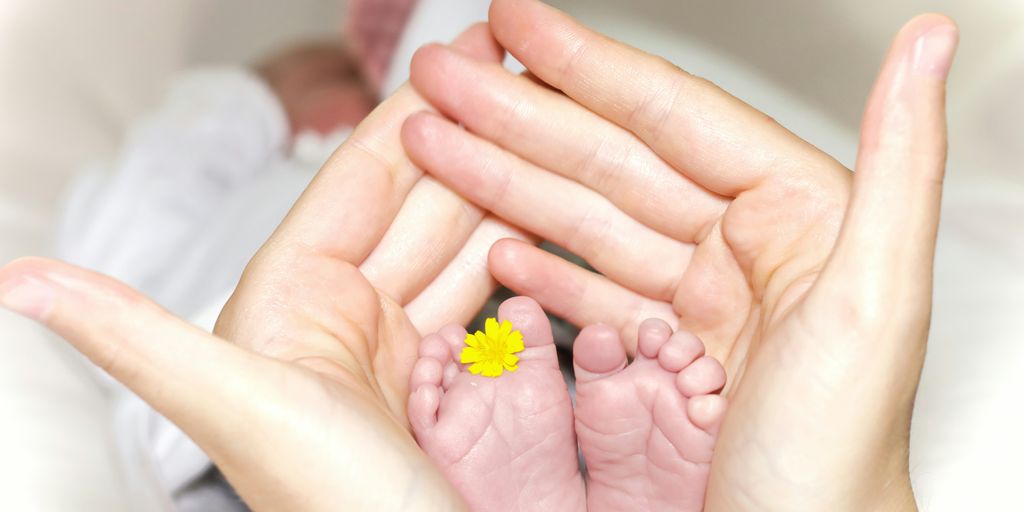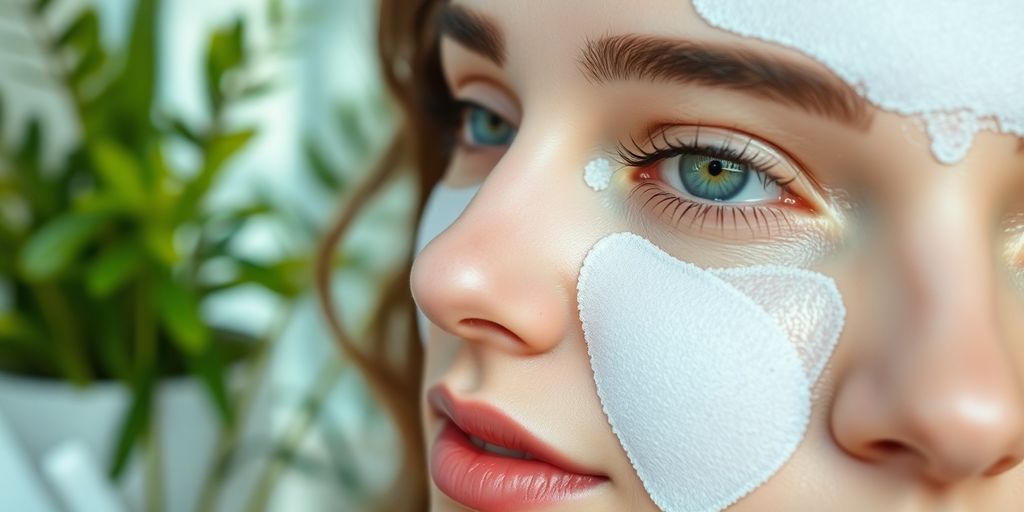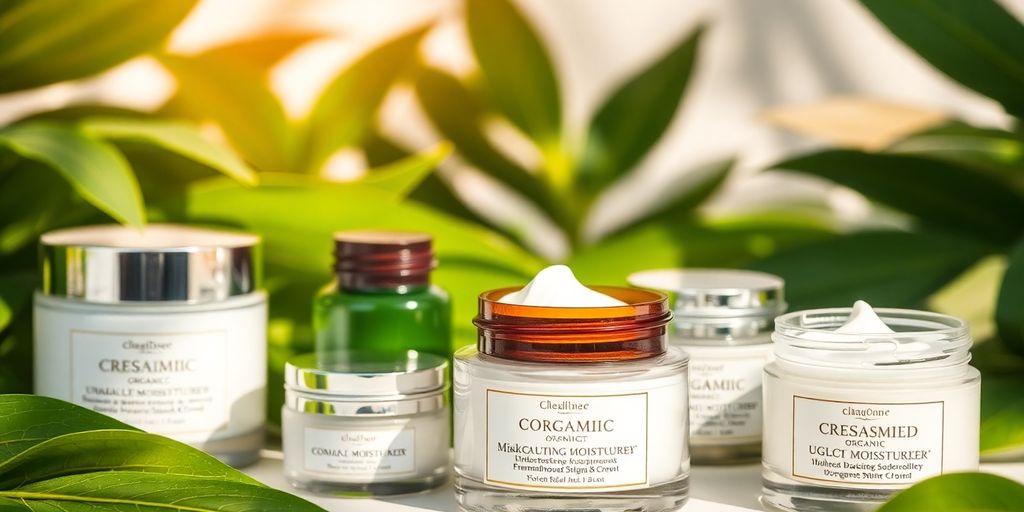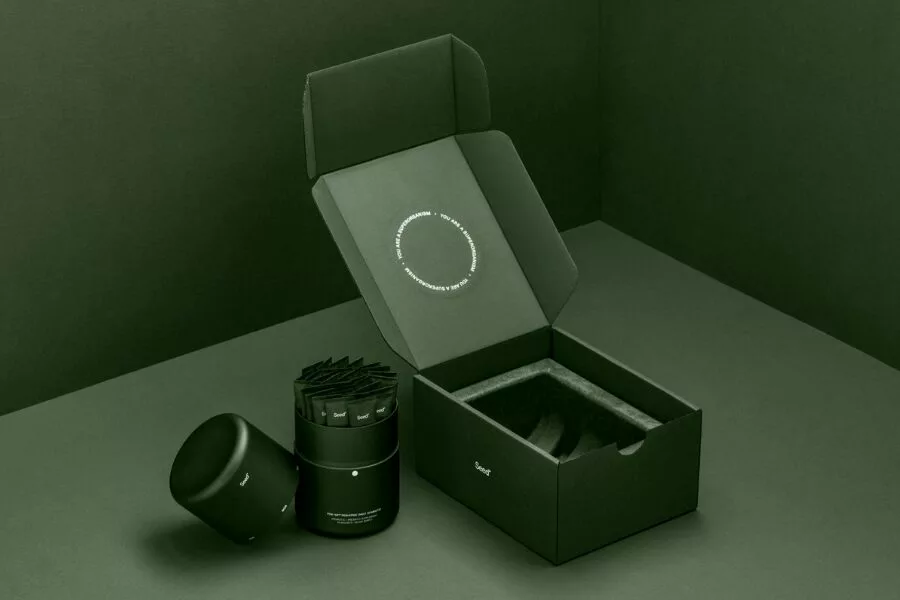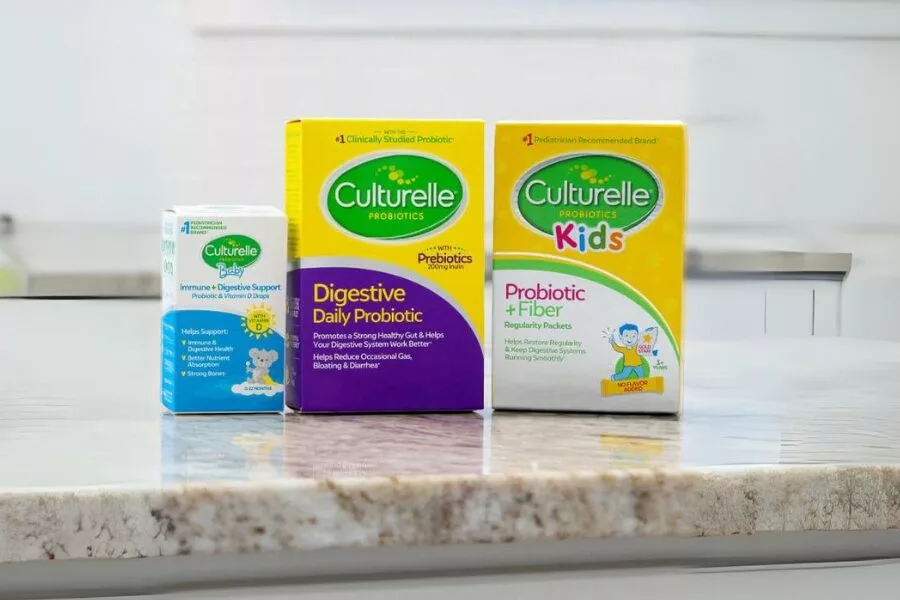A Complete Guide to Organic Diapers for Your Baby’s Comfort

In an era where sustainability and health are paramount, choosing the right diapers for your baby is more than a matter of convenience; it’s a conscious decision impacting your baby’s comfort and the environment. Organic diapers emerge as a beacon of hope for parents seeking eco-friendly, skin-friendly options. This guide delves into the world of organic diapers, offering insights into their benefits and helping you make an informed choice.
Unlock Your Savings with Exclusive Offer Coupons
Save big while shopping for sustainable products! Grab your exclusive coupons today!

Why Choose Organic Diapers?
Organic diapers offer a natural, chemical-free option, reducing the risk of skin irritation and allergic reactions for your baby. We love that they are environmentally friendly, made from sustainable materials that biodegrade more easily than traditional diapers, minimizing their impact on the planet!
Top 5 Sustainable and Organic Diapers
1. The Honest Company

Price Range: $29.99 for 76 newborn diapers
Size Range: Newborn – 7
Material: Plant-based materials
Certifications: BRC Certification, HACCP, ISO 9001:2015
Sustainability Features: Free from chlorine, toxic-chemicals, latex, fragrance, or parabens, cruelty-free and vegan.
These clean conscious diapers are made from carefully selected plant-based materials, making them safe and comfortable for your little ones. These diapers have a wetness indicator and advanced absorption technology to keep your baby dry and prevent leaks!
Pros
Hypoallergenic and comfortable.
Super absorbent material.
Con
- Concerns with sizing.
2. DYPER
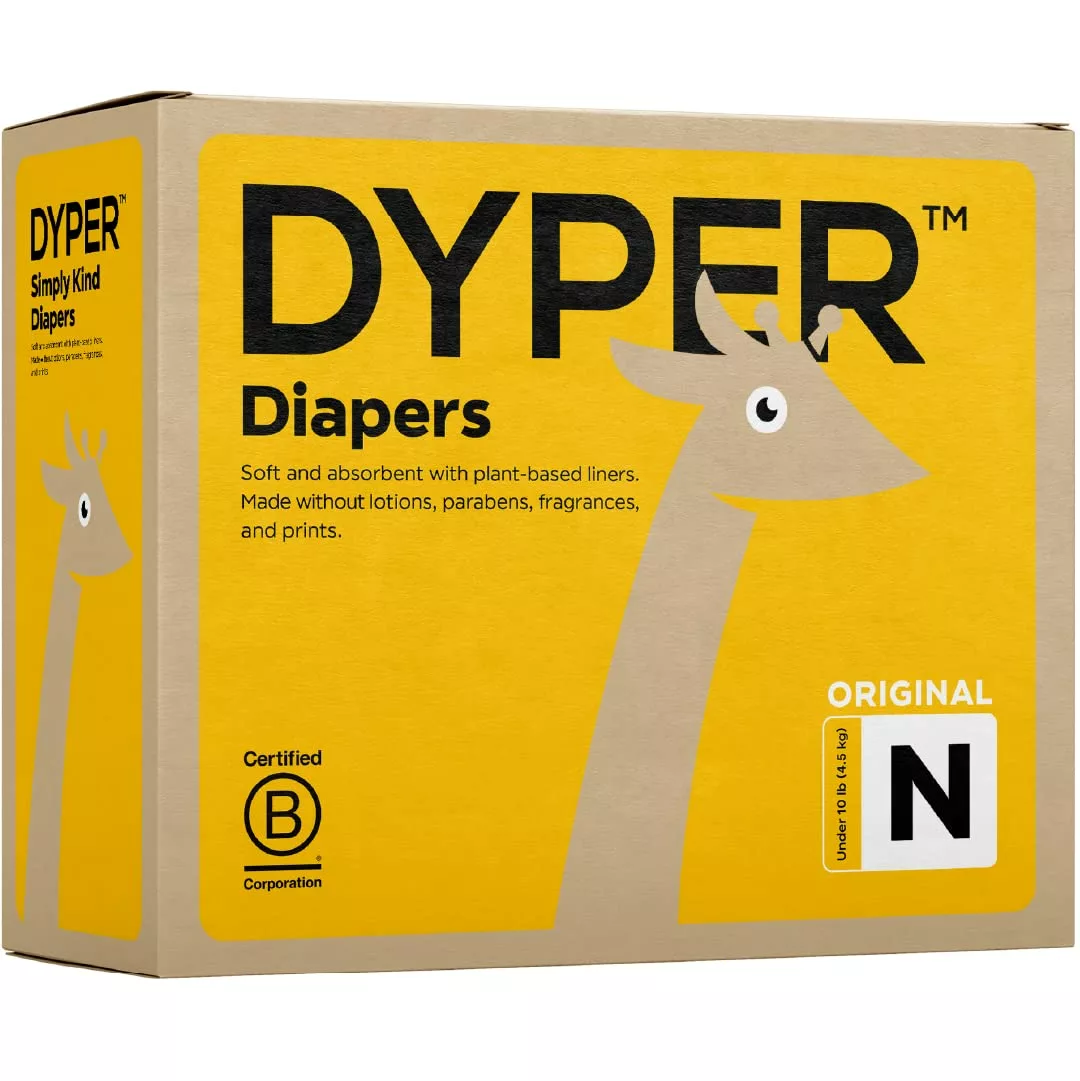
Price Range: $89.97 for 76 newborn diapers
Size Range: 0 – 6
Material: 100% viscose bamboo
Certifications: OEKO-TEX Standard 100, FSC Certified
Sustainability Features: Free from phthalates, latex, alcohols, perfumes, PVC, lotions, etc.
DYPER is a brand that prioritizes sustainability and the health of our young ones. Their diapers are made of 100% viscose, obtained from bamboo sourced sustainably, making the product eco-friendly from the inside out. The diaper’s core is created using a wood pulp process free of chlorine.
Pros
Good fit and comfortable.
Hypoallergenic in nature.
Con
- Size may run a little large.
3. Eco Boom Diapers

Price Range: $17.90
Size Range: 0 – 5
Material: 100 % bamboo viscose
Certifications: OEKO-TEX STANDARD 100, FSC Certified and Vegan Certified
Sustainability Features: Free from fragrances, latex, parabens, and chlorine.
ECO BOOM bamboo Viscose diapers come with a top sheet of 100% bamboo Viscose fibre non-woven fabric. This material is super soft and ensures your baby’s comfort. Additionally, the diapers have a super absorption core, which uses high-quality and high-absorption materials from Germany.
Pros
3.5 times more absorbent compared to cotton.
Hypoallergenic and comfortable.
Con
- There may be sizing concerns.
4. Nest Baby Diapers
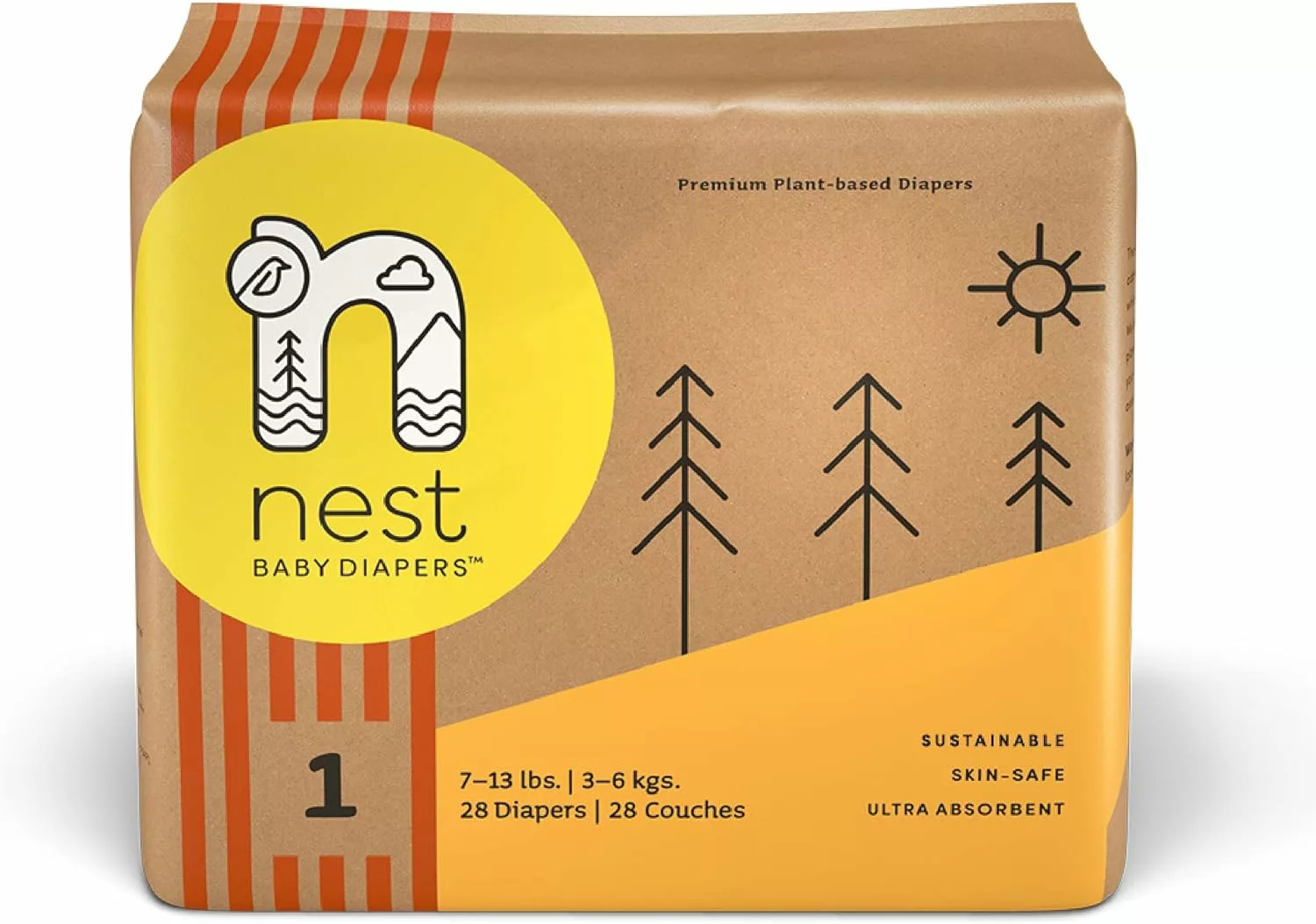
Price Range: $19.19 for 28 newborn diapers
Size Range: 1 – 5
Material: Plant/bio-based derivatives
Certifications: Oeko Tex (Reg #2111235)
Sustainability Features: Free from chemicals, perfumes, lotions and known allergens.
Nest is a high-end brand that produces disposable diapers made from plant-based materials. These diapers are specially designed to meet the sensitive needs of newborns, premature infants, and toddlers. The diapers are known for their exceptional softness and comfort and provide advanced protection against leaks.
Pro
Hypoallergenic and absorbent.
Con
- There are a few complaints about sizing.
5. Earth and Eden

Price Range: $44.99 for 176 newborn diapers
Size Range: Newborn to 7
Material: Made in the USA with domestic and imported materials.
Certifications: Cruelty-Free, SFI Certified
Sustainability Features: Dermatologist-approved, free from lotions, latex, fragrances, and chlorine bleaching.
Many customers who opt for these organic diapers have expressed satisfaction with their performance. These diapers are highly effective in containing liquid and remain leakproof for 12 hours. Additionally, these diapers are hypoallergenic and feature fit-grip technology, similar to disposable cotton diapers.
Pros
Highly absorbent.
Hypoallergenic and very comfortable.
Con
- Ingredients aren’t clearly mentioned.
Benefits of Organic Diapers for Your Baby
Health Benefits for Your Baby’s Skin
Organic diapers, free from harsh chemicals and synthetic materials, are gentler on your baby’s sensitive skin. They reduce the risk of diaper rash and allergies, thanks to their natural composition.
Environmental Impact and Sustainability
Switching to organic diapers is a step towards reducing your carbon footprint. Unlike traditional disposables, organic options are made from biodegradable materials, lessening environmental impact.
Comparison with Traditional Disposable Diapers
Organic diapers stand out for their eco-friendliness and skin benefits. While traditional disposables are convenient, they often contain chemicals and take centuries to decompose, posing environmental hazards.

The Different Types of Organic Diapers
1. Cloth Diapers
Cloth diapers represent a significant stride towards sustainable parenting. Made from natural fibers like organic cotton, hemp, or bamboo, these diapers are not only reusable but also gentle on your baby’s skin. The initial investment in cloth diapers might seem high, but they are incredibly cost-effective over time, especially if you plan to use them for multiple children.
Key Considerations for Cloth Diapers:
- Material: Look for organic cotton or bamboo, which are both absorbent and soft.
- Style: They come in various styles, including prefolds, pocket diapers, and all-in-ones, each offering different levels of convenience and absorbency.
- Maintenance: Cloth diapers require a routine of washing and drying, which can be a commitment. However, modern cloth diapers are designed to be easier to clean and quicker to dry.
- Environmental Impact: By reducing waste, cloth diapers significantly lower the environmental footprint compared to disposable options.
2. Biodegradable Disposable Diapers
Biodegradable disposable diapers are a fantastic option for parents seeking the convenience of disposables without the environmental guilt. These diapers are typically made from plant-based materials like cornstarch, bamboo, or wood pulp, which are far more eco-friendly than the plastics and chemicals used in traditional disposables. They decompose much faster, some even in compostable conditions, reducing landfill waste.
Key Considerations for Biodegradable Disposable Diapers:
- Decomposition Time: While faster than regular disposables, their decomposition time can vary, so it’s essential to check the product specifications.
- Absorbency and Fit: Just like regular disposables, they come in various sizes and absorbency levels. Ensure they fit your baby well to prevent leaks.
- Cost: Generally, they are more expensive than standard disposables, but the environmental benefits can outweigh the cost for many families.
- Availability: They might not be as readily available in all stores, so planning your purchases is key.
3. Bamboo Diapers
Bamboo diapers are a subset of both cloth and disposable diapers. As a material, bamboo is renowned for its softness, making it ideal for your baby’s sensitive skin. It’s also incredibly absorbent, often more so than cotton, which is crucial for preventing leaks. Bamboo is a fast-growing, sustainable resource, requiring less water and no pesticides, making these diapers an excellent eco-friendly choice.
Key Considerations for Bamboo Diapers:
- Cost: Bamboo diapers can be more expensive than other organic options, but their benefits often justify the price.
- Eco-Friendliness: Bamboo is a highly renewable resource, and its cultivation has a lower environmental impact.
- Comfort and Hypoallergenic: Bamboo fabric is naturally hypoallergenic and breathable, making it ideal for babies with sensitive skin.
Choosing the Right Organic Diaper for Your Baby
When selecting the right organic diaper, consider factors like your lifestyle, your baby’s comfort, and the environmental impact. Comfort and fit are crucial to prevent leaks and ensure your baby is happy. Absorbency levels are important, especially for overnight use. Look for environmental certifications to ensure the diapers meet certain sustainability standards. While cost is a factor, it’s important to weigh it against the long-term environmental and health benefits. Each type of organic diaper has its unique advantages, and the right choice often depends on a balance of these factors tailored to your family’s needs.

Tips for Using Organic Diapers
Using organic diapers effectively not only ensures the comfort and health of your baby but also maximizes their environmental benefits. Here are some essential tips for using organic diapers:
1. Ensuring a Snug Fit
- Check the Size: Make sure the diaper fits your baby properly. A diaper that’s too tight can cause discomfort and marks on the skin, while one that’s too loose can lead to leaks.
- Adjust the Fastenings: Whether you’re using snaps, Velcro, or another type of closure, adjust them to achieve a snug but comfortable fit around your baby’s waist and legs.
- Gussets and Elastic Bands: Look for diapers with gussets and strong elastic bands around the legs and back. These features help contain messes and prevent leaks.
2. Regular Changes to Prevent Rash and Irritation
- Frequency: Change your baby’s diaper every 2-3 hours or immediately after a bowel movement. This frequency helps prevent diaper rash and keeps your baby comfortable.
- Diaper Rash Cream: Use a gentle, organic diaper rash cream as a preventative measure, especially if your baby has sensitive skin.
- Breathability: Ensure the diaper allows for adequate air circulation. Some organic materials are more breathable than others, which can help reduce the risk of rash.
3. Proper Disposal
- Cloth Diapers: For reusable cloth diapers, remove any solid waste into the toilet before storing the diaper in a dry pail. Wash them regularly, ideally every 2-3 days.
- Biodegradable Disposables: Follow the manufacturer’s guidelines for disposal. While these diapers are biodegradable, they may not decompose effectively in a landfill. Consider a diaper composting service if available.
- Bamboo Diapers: If using bamboo disposable diapers, dispose of them responsibly. Remember that even biodegradable diapers require proper conditions to break down.
4. Washing and Caring for Cloth Diapers
- Pre-Wash: Rinse cloth diapers in cold water to remove waste and prevent stains.
- Washing: Use a gentle, eco-friendly detergent. Avoid fabric softeners and bleach, as they can reduce the absorbency of the diapers and irritate your baby’s skin.
- Drying: Line drying is the most eco-friendly option. If using a dryer, opt for a gentle cycle to preserve the fabric’s integrity.
5. Monitoring for Allergies or Sensitivities
- Watch for Signs: Pay attention to any signs of skin irritation or allergic reactions, especially when trying a new brand or type of organic diaper.
- Material Sensitivities: If you notice any issues, consider switching to a different material. For instance, if your baby reacts to a particular brand of bamboo diaper, try an organic cotton variety instead.
By following these tips, you can make the most out of your organic diapers, ensuring your baby’s comfort and health while contributing positively to the environment
.

Conclusion
Organic diapers are more than a trend; they’re a commitment to your baby’s health and our planet’s future. By choosing organic, you’re making a positive impact, ensuring comfort for your baby and contributing to a sustainable world.
Discover more eco-conscious baby products for a sustainable lifestyle! Visit our store and find your new favorites.



